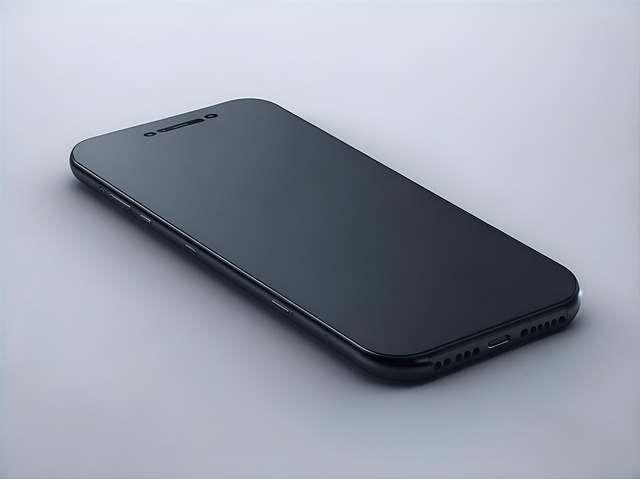South Dakota's Unwanted Call Law has evolved over time to protect residents from harassing phone calls, especially robocalls, through a targeted legal framework guided by expert firms. Recent surge in unwanted robocalls in areas like Spearfish led to landmark lawsuits that clarified legal boundaries under the state's regulations. These cases empowered consumers and reshaped South Dakota's legal landscape, fostering a culture of digital privacy and ethical marketing practices among businesses.
In an era dominated by automated communication, the unwanted call law in South Dakota has emerged as a cornerstone of consumer protection. This article delves into the landmark robocall cases that have reshaped Spearfish’s legal landscape. From historical perspectives on the Unwanted Call Law to notable lawsuits that echoed beyond Spearfish, we explore how these cases have fortified consumer rights. The impact is clear: these legal battles have significantly influenced and enhanced South Dakota’s protection against intrusive robocalls. For residents seeking recourse, understanding these developments through a reputable unwanted call law firm in South Dakota is crucial.
Understanding the Unwanted Call Law in South Dakota: A Historical Perspective
In South Dakota, the unwanted call law has evolved over time to protect residents from harassing phone calls, especially those related to telemarketing and robocalls. This legal framework is designed to safeguard individuals’ privacy and peace of mind. Historically, the state’s approach to addressing unwanted calls was primarily through consumer protection laws, which gave rise to various lawsuits against companies engaging in abusive calling practices.
Over the years, as technology advanced and robocalls became more prevalent, South Dakota’s legal landscape began to specifically target these automated messages. The Unwanted Call Law firm in South Dakota has played a pivotal role in shaping this legislation, ensuring that residents can enjoy their rights to silence and privacy when it comes to unsolicited phone calls. This historical perspective highlights the state’s commitment to adapting laws to modern communication challenges.
Notable Robocall Cases That Rocked Spearfish and Beyond
In recent years, Spearfish and other parts of South Dakota have seen a surge in unwanted robocalls, leading to significant legal cases that have shaped the region’s landscape. Notable instances include lawsuits against companies utilizing automated phone systems to make mass marketing calls, often violating consumer privacy rights. These cases have brought attention to the complex web of regulations surrounding robocalls, particularly those falling under the Unwanted Call Law Firm category in South Dakota.
The outcomes of these landmark robocall cases have not only provided clarity on legal boundaries but also empowered consumers with tools to protect themselves against intrusive automated calls. As a result, many residents now have a better understanding of their rights and the measures they can take, thanks to the proactive legal actions taken in Spearfish and beyond.
The Impact: How These Cases Shaped Consumer Protection Laws in SD
The landmark robocall cases in Spearfish have significantly influenced South Dakota’s legal landscape, particularly regarding consumer protection. These lawsuits brought attention to the growing concern over unwanted telephone solicitations, leading to stricter regulations and enhanced awareness among both businesses and consumers. As a result, South Dakota enacted laws that limit automated phone calls, giving residents more control over their communication preferences.
The impact of these cases extends beyond local boundaries, as they set a precedent for similar legal actions across the state. They encouraged consumers to take a proactive stance against intrusive robocalls, fostering a culture of digital privacy and security. In response, many businesses started adopting ethical marketing practices, ensuring compliance with the Unwanted Call laws, which ultimately improved consumer trust and satisfaction in South Dakota.






